Let’s Discuss: How did Demon Mythology Impact Supernatural?
Ben Edlund, one of the brilliant writers who shaped Supernatural‘s mythology in the first half of its groundbreaking 15-year run, penned 24 episodes in seasons 2 through 8. Some of his episodes, such as “Hollywood Babylon” (2.18), “Ghostfacers” (3.13), “Monster Movie” (4.05) and “The French Mistake” (6.15), were fun, creative departures from routine episodic television. Many others are known for being intense plot development milestones that defined the story’s myth arc, including “On the Head of a Pin” (4.16), “The End” (5.04), “Abandon All Hope…” (5.10), “The Man Who Would Be King” (6.20), and “Hello, Cruel World” (7.02).
This week, Ben shared some rare insights into a crucial decision he believes contributed to Supernatural‘s uniqueness and longevity: choosing to have demons originate from human souls that are corrupted in Hell vs. be a separate species of creation unto themselves.
There was point in the development of show where we came to fork in road: Demons were a.) literal hellspawn, i.e. born of hell and alien to humanity or b.) what happens to humans when they go to hell. I maintain this choice to fuse demons and humans elevated show… Thass all 🙂
— ben_edlund (@ben_edlund) March 13, 2024
Ya! I had the privilege of writin it 🙂 (Malleus Maleficarum)
— ben_edlund (@ben_edlund) March 14, 2024
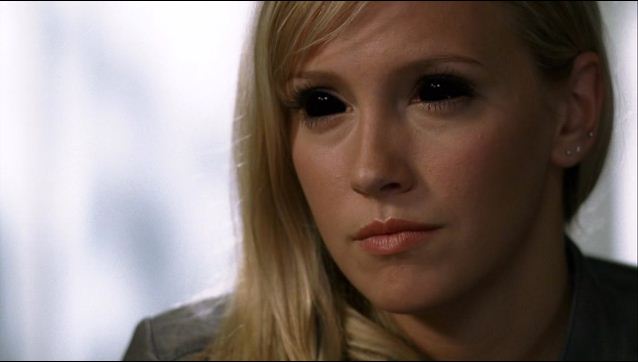
In his explanation, Mr. Edlund includes “Malleus Maleficarum” (3.09) as one of the shows that defined demon mythology. That got me thinking. What other episodes or events were key to demon mythology? How did the idea that demons originate from corrupted human souls shape the Winchesters’ journey?
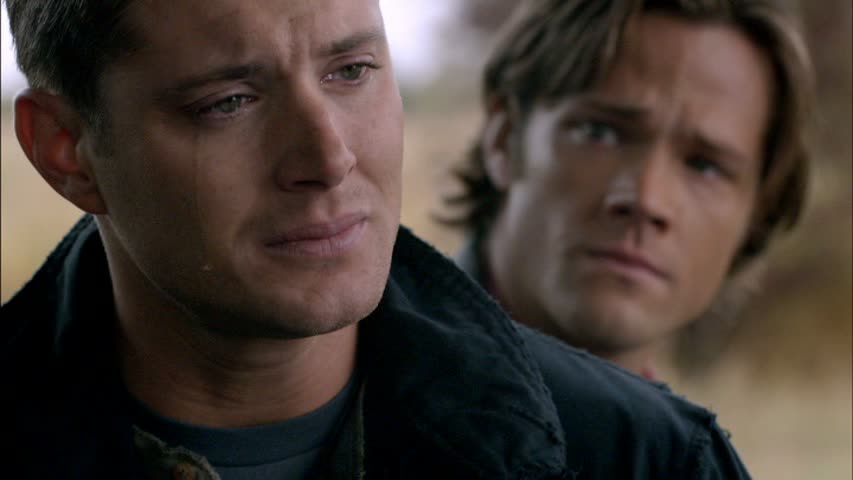
Of course, I instantly thought of Dean’s tearful confession to Sam of how, after 40 years of relentless torture, he succumbed to Alastair’s demands to become a torturer of souls himself. Did the resulting guilt and need to redeem himself for his perceived “weakness” push Dean to extreme decisions in the future? Years later, Sam’s near success at restoring Crowley’s soul (“Sacrifice” 8.23) significantly impacted Crowley’s story thereafter. Being “partially human” or “soft” weakened Crowley’s hold on the throne of Hell and perhaps contributed to him saving the boys in “All Along the Watchtower” (12.23).
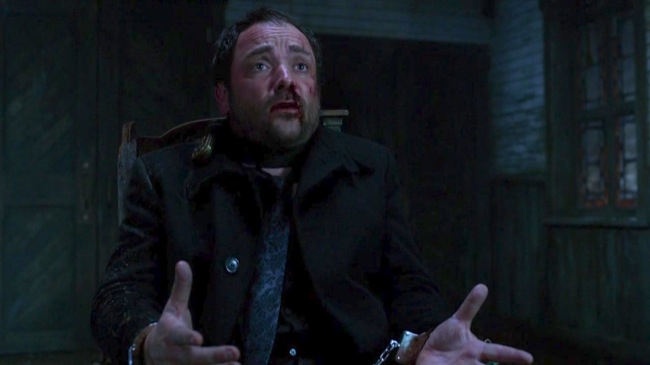
Obviously, Ruby played a pivotal role in Sam’s story, and ultimately in the scheme to free Lucifer. Mr. Edlund went on to share thoughts on how demons could be virtuous, despite being evil.
I get that. But a cool thing about Supernatural is that good and evil was really reduced to damage and trauma. Ruby served Lucifer with loyalty and excellence, and Lucifer was the ultimate expression of the ‘hurt people hurt people’ principle
— ben_edlund (@ben_edlund) March 14, 2024
What do you think? Had you previously considered that demons’ origins as humans was an important piece of Supernatural‘s success? If so, why? Let’s discuss!


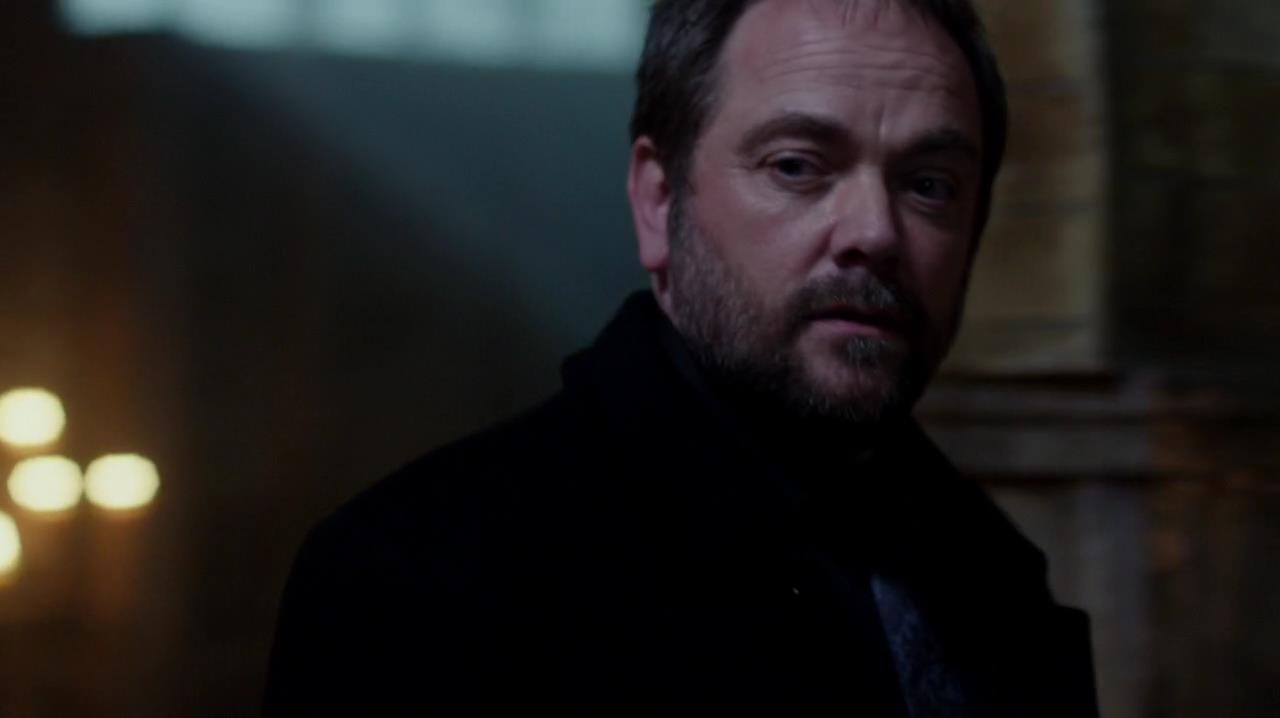
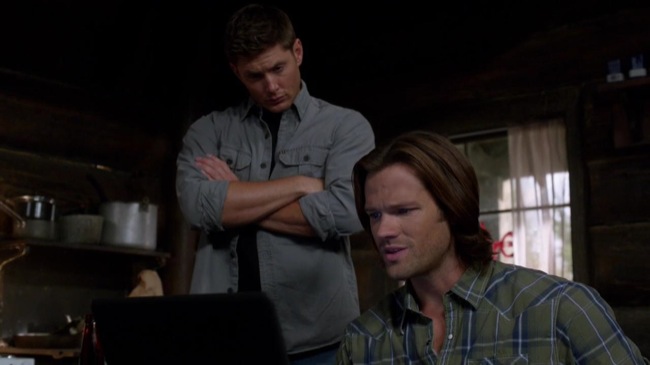
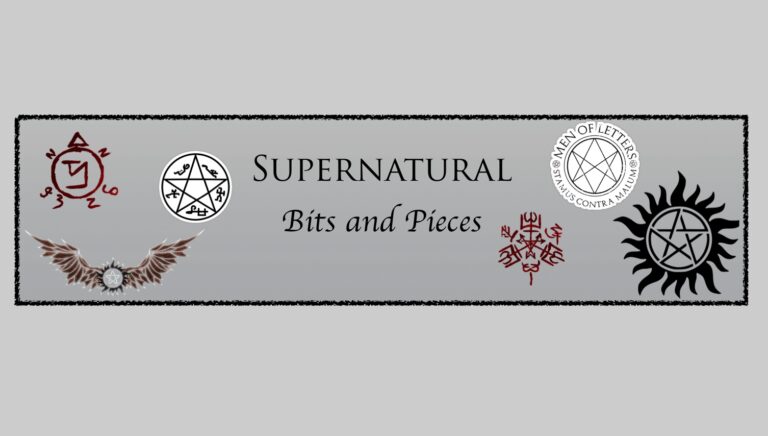
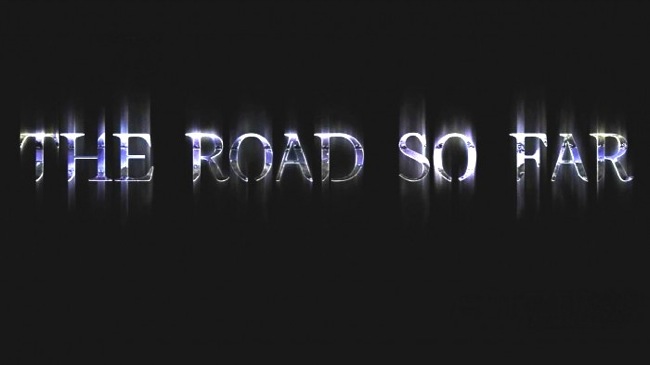
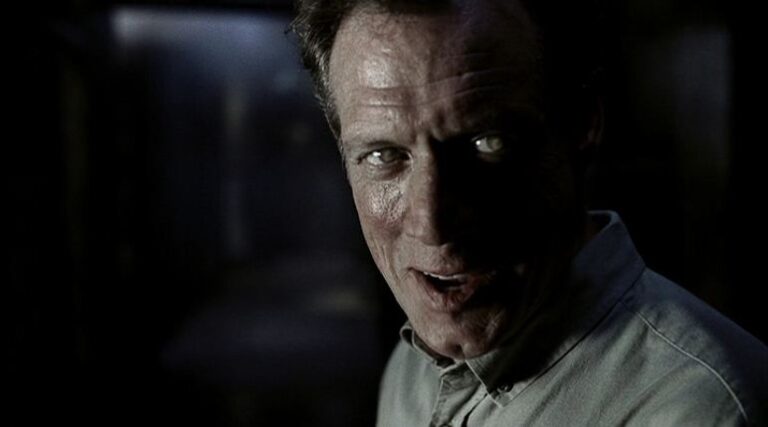
Leave a Reply